SPC lecture focuses on circuit court reform
The Supreme People's Court (SPC) held the 7th lecture of its judge forum on Nov 6, with discussions focused on deepening the reform of circuit courts. Zhang Jun, president of the SPC, attended the event.
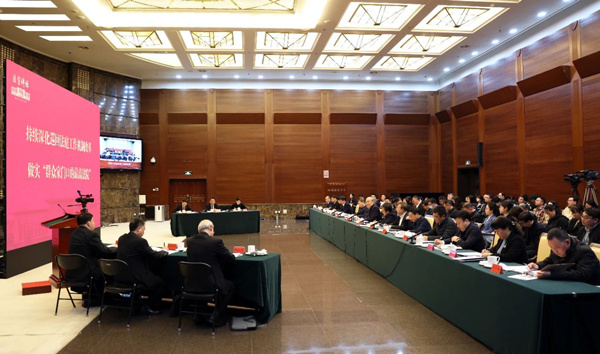
The Supreme People's Court (SPC) holds the 7th lecture of its judge forum on Nov 6 with discussions focused on deepening the reform of circuit courts. Zhang Jun, president of the SPC, attended the event. [Photo/court.gov.cn]
Participants from the SPC, courts in Central China's Henan province, local governments and People's Daily Online discussed the establishment and operation of circuit courts using specific cases. Experts and officials from the China University of Political Science and Law, the China Law Society, the China Administrative Law Society, the Political and Legal Affairs Commission of the Communist Party of China (CPC) Central Committee, the Supervisory and Judicial Affairs Committee of the National People's Congress, and the Ministry of Justice contributed ideas.
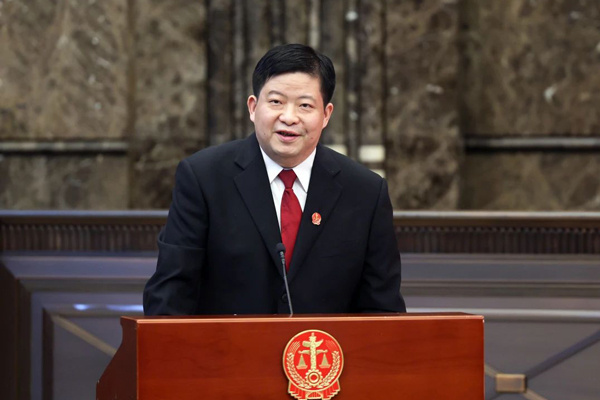

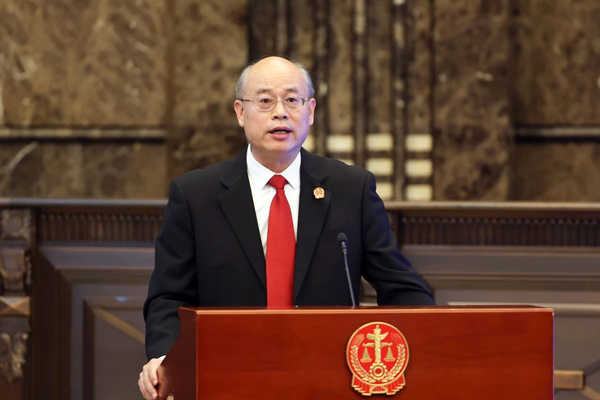
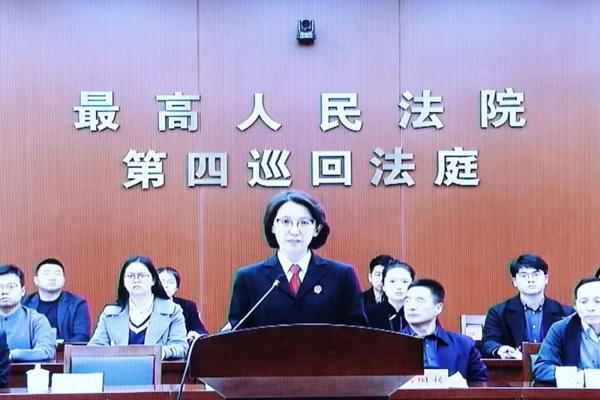
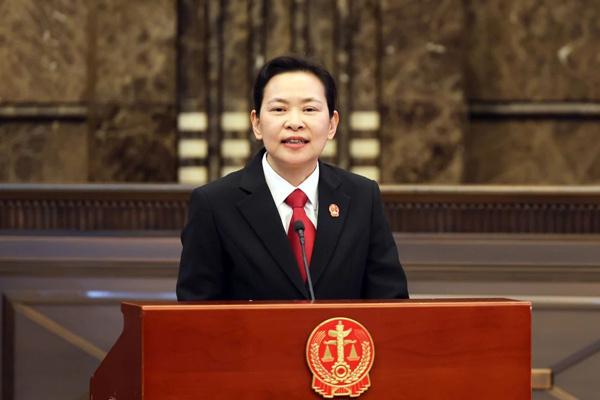
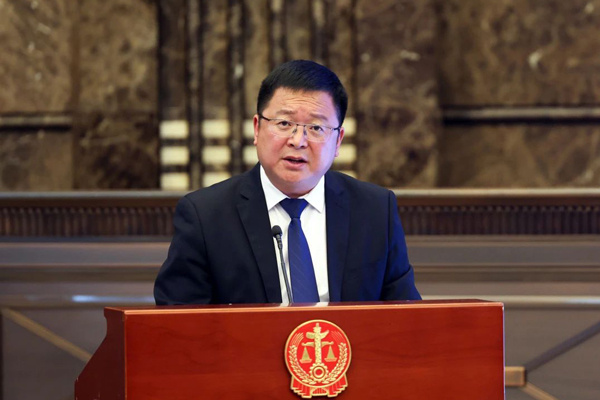
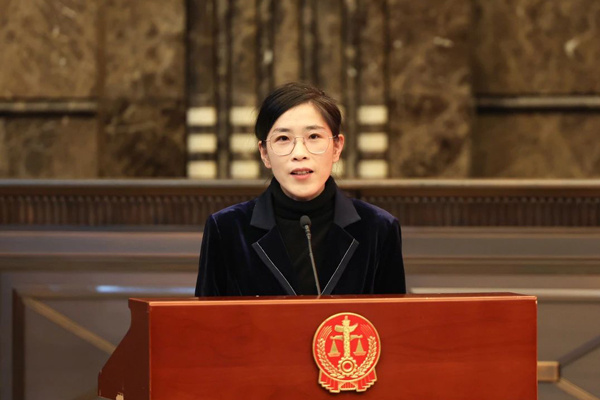
Representatives from the SPC, courts in Central China's Henan province and People's Daily Online participate in the forum. [Photo/court.gov.cn]
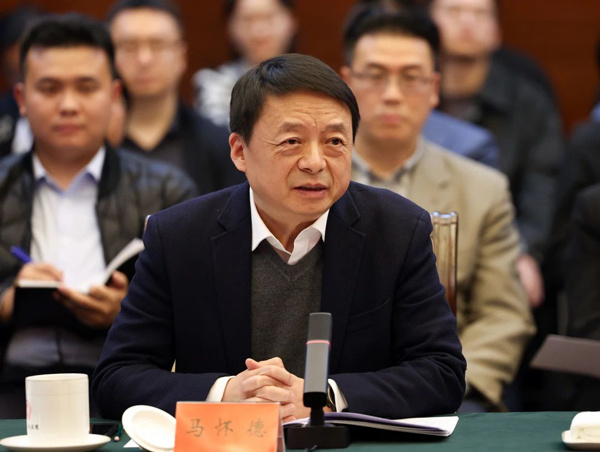
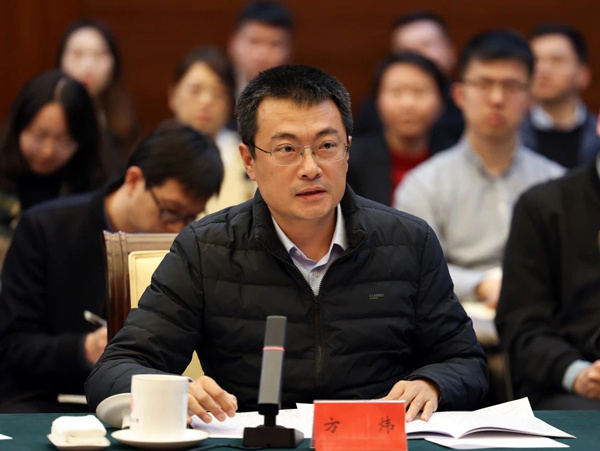
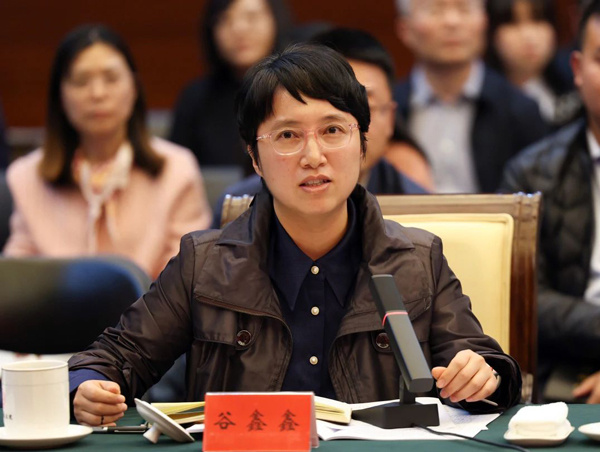
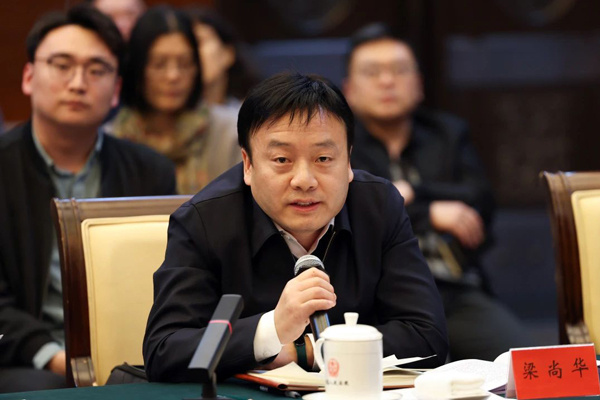
Experts and officials from the China University of Political Science and Law, the China Law Society, the China Administrative Law Society, the Political and Legal Affairs Commission of the Communist Party of China Central Committee, the Supervisory and Judicial Affairs Committee of the National People's Congress, and the Ministry of Justice, contribute ideas. [Photo/court.gov.cn]
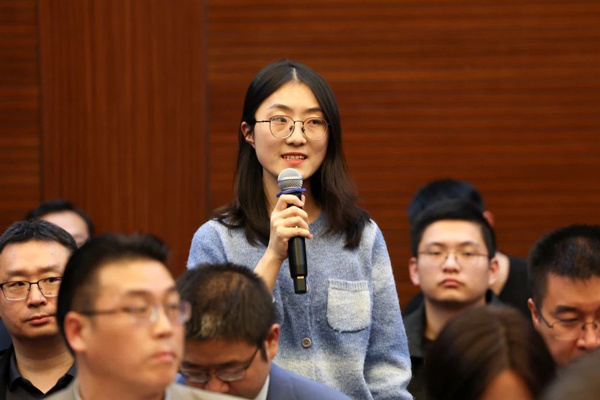
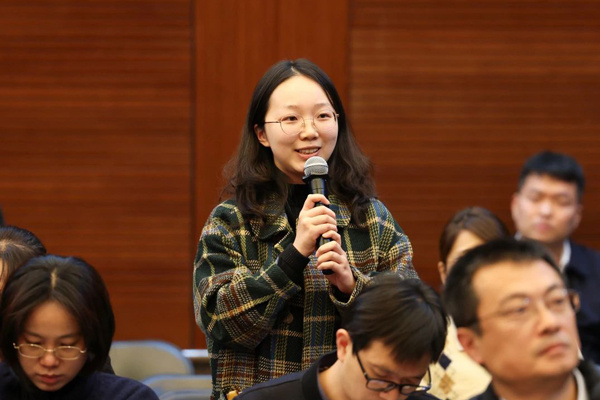
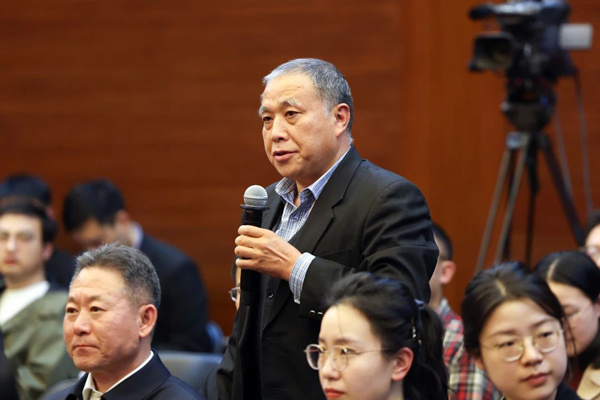
Three attendees raise their questions during the interaction session. [Photo/court.gov.cn]
Addressing the lecture, Zhang said carrying out the reform of circuit courts in line with the guiding principles of the third plenary session of the 20th CPC Central Committee is an important political task for the SPC.
It is essential to uphold the Party leadership in the reform of circuit courts and leverage institutional advantages, ensuring that reform and all related work maintain the correct political orientation, Zhang said, adding that the people-centered approach must be followed.
He called for improving the working mechanism of circuit courts and prioritizing in situ dispute resolution. When handling litigation-related petition cases, greater emphasis should be placed on resolving the underlying concerns of the people involved, embodying the principle of serving the people through substantive dispute resolution, he said.
Zhang underlined the need to make efforts to conduct hearings effectively, collaboratively resolve the disputes of the parties involved, and strengthen publicity work on the rule of law.
In addition, supervision and guidance on the work of circuit courts should be enhanced to unify adjudication standards and legal application, and continuously improve adjudication quality and efficiency in order to provide the people with a stronger sense that justice is being administered in a fair manner, he said.
Zhang also emphasized the importance of improving the management of circuit court adjudication by integrating political and professional development, enhancing the quality of circuit court staff, and increasing team cohesion.
It is important for circuit court staff to proactively enhance the ability to handle various conflicts and disputes, striving to become versatile at work, he said.









